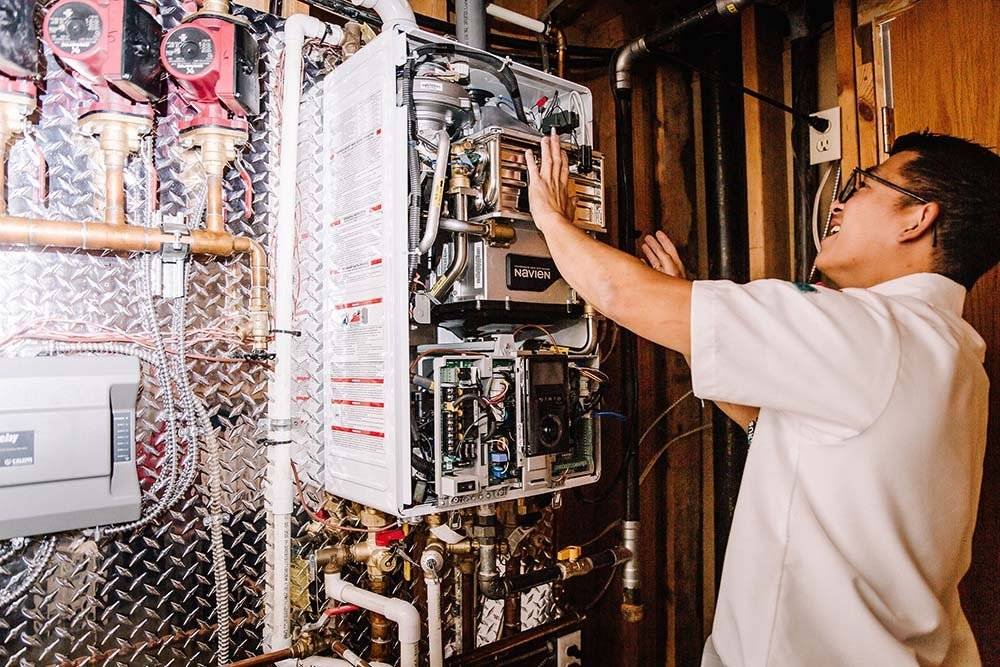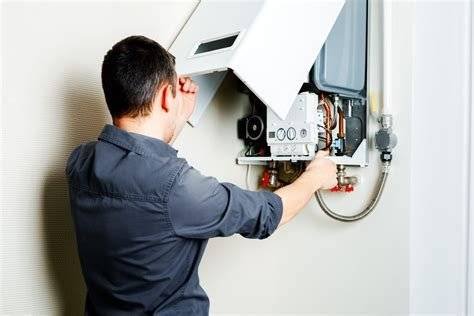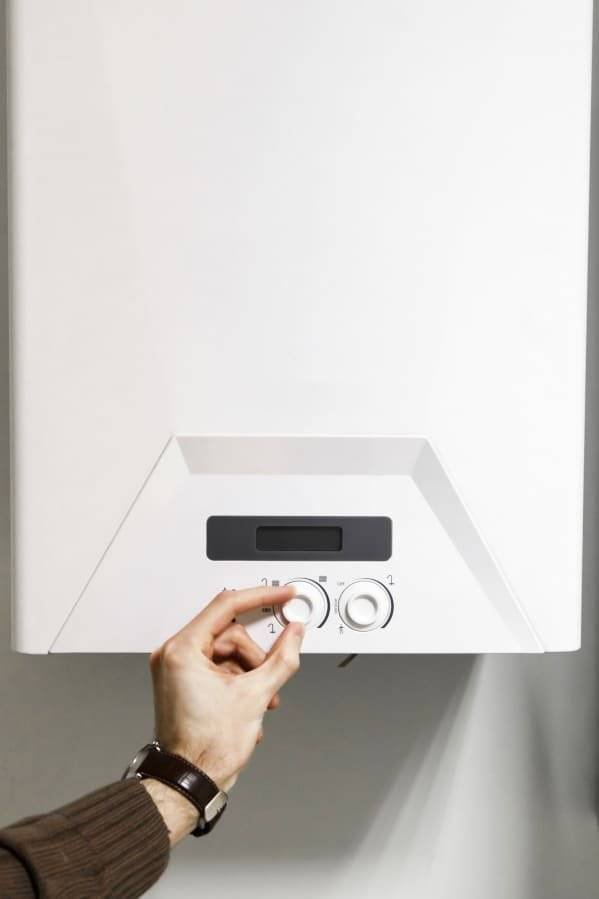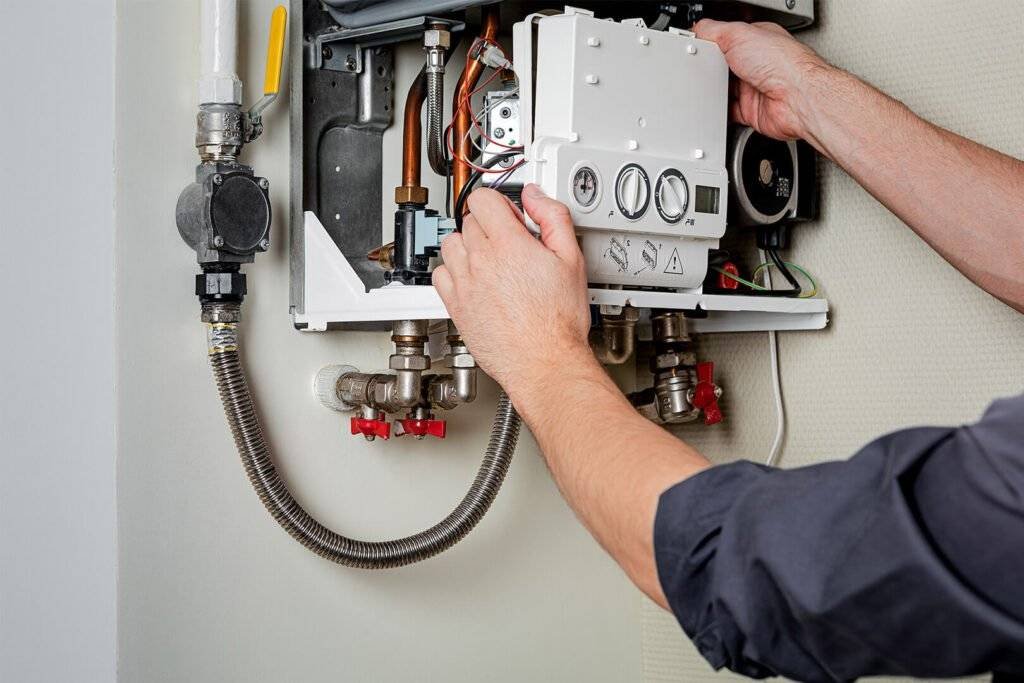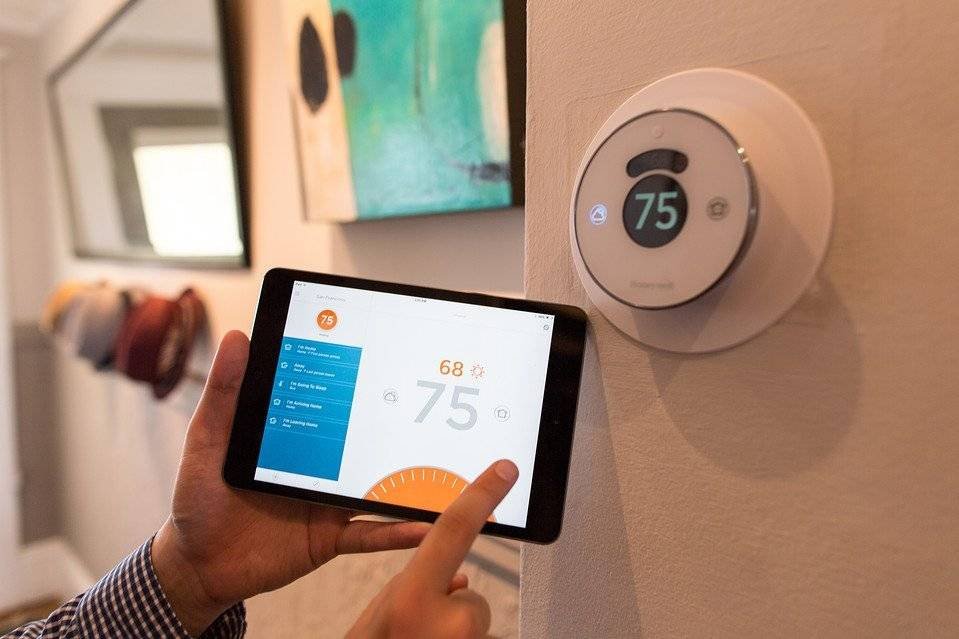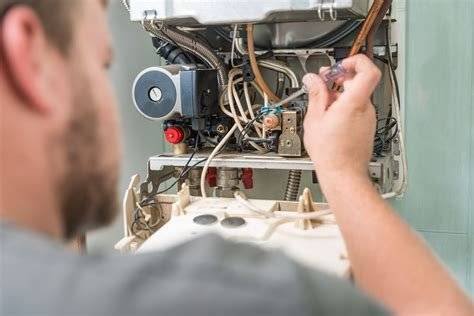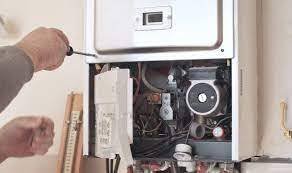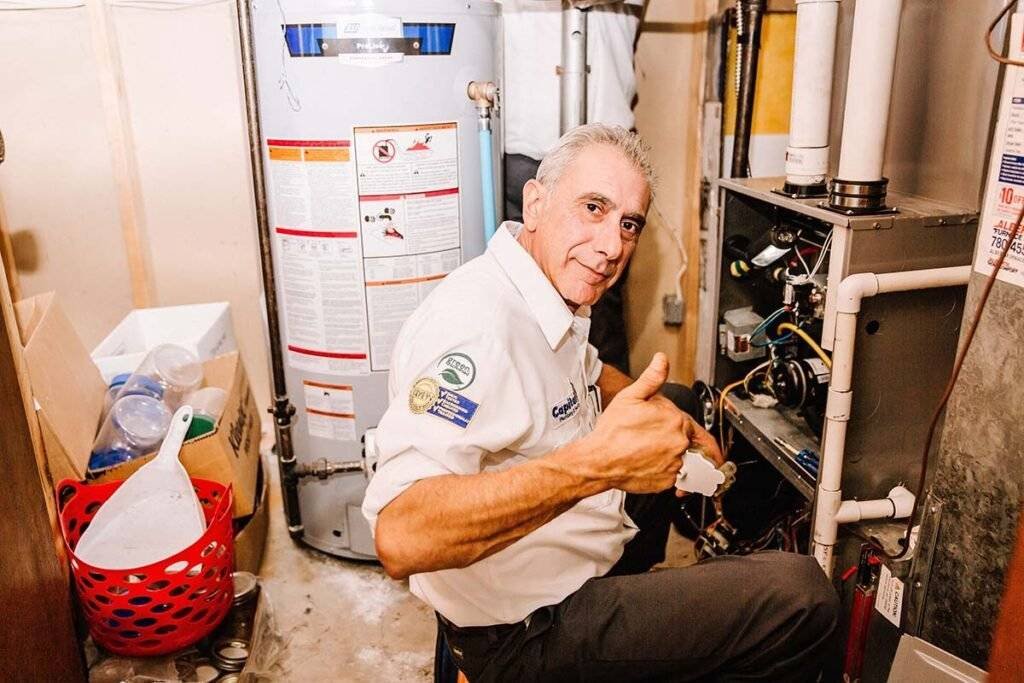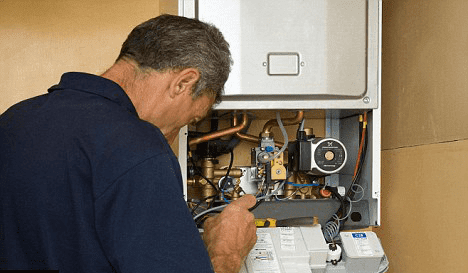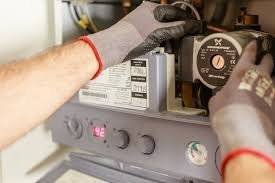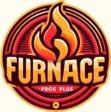Furnace Installation Vimy - Your Dependable Heating Experts
Furnace Pros Plus is your trustworthy partner for all your heating requires. With years of experience, we specialize in delivering top-notch heating options to keep your home warm and comfortable. Our team of experienced technicians devote themselves to offering specialist furnace installation, maintenance, and repair services. We comprehend the importance of a correctly working heating unit, especially during the cooler months. We prioritize effectiveness, affordability, and consumer fulfillment in every task (big or small). Whether you need a brand-new furnace, a regular check-up, or emergency repairs, count on Furnace Pros Plus for reliable and efficient heating services that make sure peace of mind and convenience.
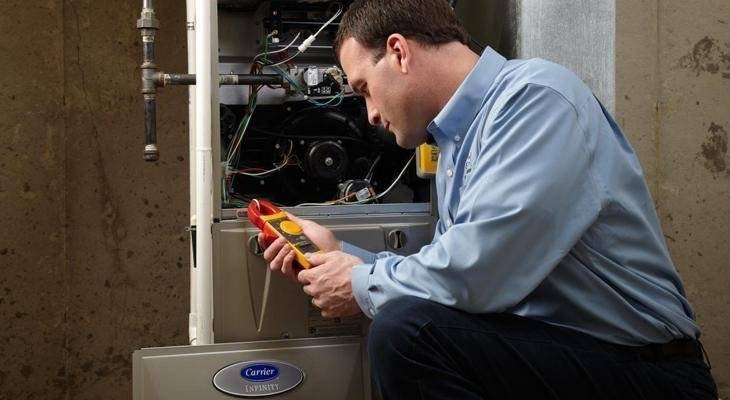
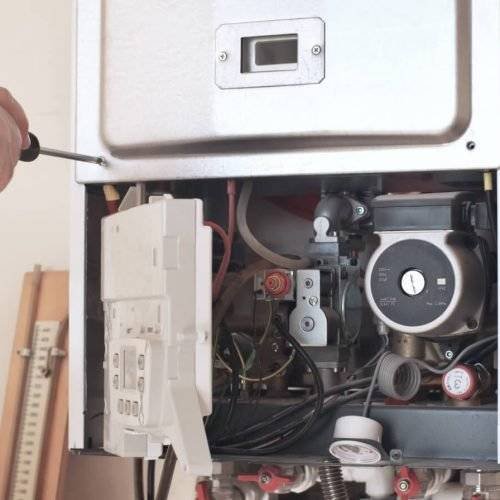
Who Are We?
Domestic Furnace Installations & Repairs
Furnace Pros Plus stands apart as the top furnace installation and repair business in Vimy, Alberta, thanks to its unequaled devotion to quality, customer care, and competence. With years of experience in the heating and cooling industry, Furnace Pros Plus has earned a track record for delivering trustworthy and efficient services tailored to the special climate and needs of Vimy citizens.
The business’s dedication to quality starts with its team of qualified professionals. Each technician is not only extremely experienced and well-informed about the latest furnace technology but also devoted to continuous training and development. This ensures that every installation or repair is performed with the utmost accuracy and current methods, ensuring superior efficiency and longevity of your heater.
Furnace Pros Plus comprehends the importance of a well-functioning furnace, especially during the harsh Vimy winter seasons. That’s why they provide a fast response to make sure that any furnace emergency is dealt with without delay and effectively, minimizing discomfort and potential threats. Their 24/7 availability is a testament to their devotion to consumer fulfillment and safety.
Furthermore, Furnace Pros Plus uses only the highest quality items and products in all their setups and repairs. By partnering with leading producers, they make sure that every component of your furnace system is durable and efficient, offering optimum heating and lowering energy costs. This dedication to quality, extends the life of the furnace, offering more worth for the financial investment.
In addition to their technical competence, Furnace Pros Plus masters customer care. They prioritize clear interaction, offering in-depth consultations and transparent rates without hidden fees. Their individualized technique means that every solution is tailored to the specific needs and budget plan of their customers, guaranteeing that you feel valued and pleased with every interaction.
For these reasons and more, Furnace Pros Plus is the top choice for anyone needing furnace installation and repair services in Vimy, showing an unequalled blend of quality, competence, and customer-focused service.
How can we help you?
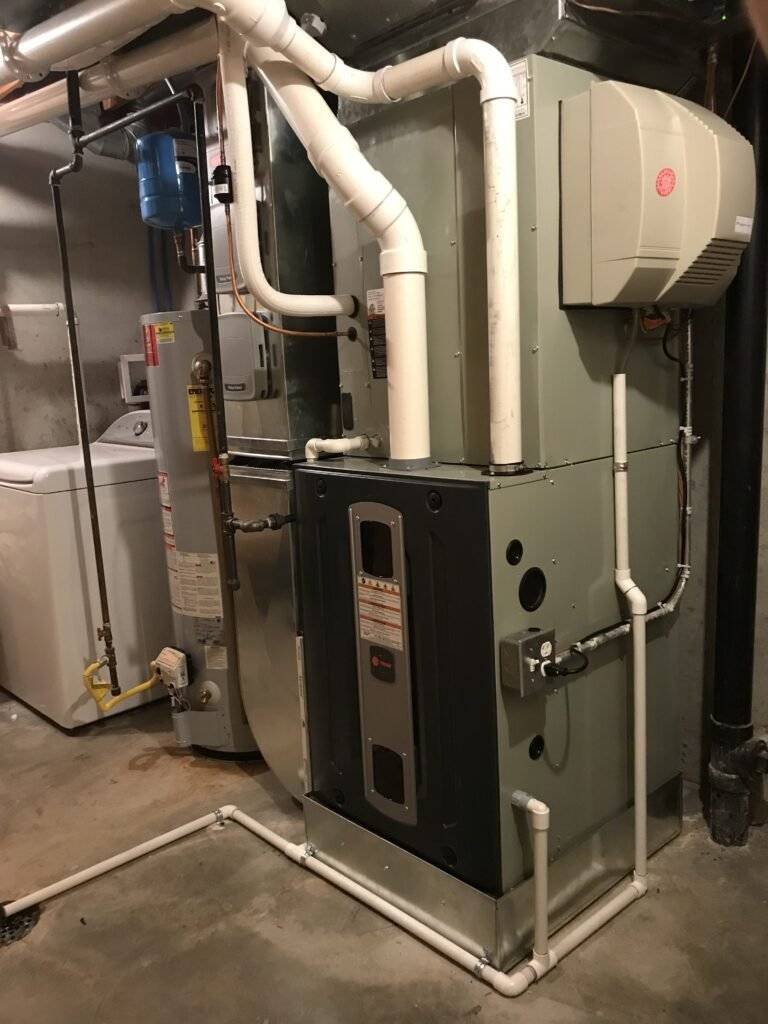
Comprehending the Cost of Installing a Modern Furnace
Introduction
A functioning furnace is vital when it concerns keeping a comfortable and warm home during the cooler months. However, there comes a time when setting up a brand-new furnace is inescapable.
Comprehending the costs involved in this procedure is crucial for homeowners to plan and budget plan accordingly. This detailed guide explores the various factors influencing the cost of setting up a brand-new furnace.
Factors Influencing Furnace Installation Expenses
Type of Heater:
- Gas Heaters: Popular for their effectiveness, they generally cost more upfront however provide lower operating costs.
- Electric Furnaces: They are less expensive than gas heating systems. However, electric models tend to have greater operational costs due to electrical power rates.
- Oil Heaters: These are less common and can be more expensive due to the cost of oil.
Furnace Size and Capacity
- Square Footage: The size of your home directly impacts the capacity needed for the furnace.
- BTU Ranking: Greater BTU rankings equate to more powerful heating systems, which can increase the cost.
Performance Rankings
Yearly Fuel Utilization Performance (AFUE):
Greater AFUE rankings mean much better effectiveness however also featured a higher cost.
Brand name and Quality
Top-tier brands frequently command greater rates due to their credibility for quality and longevity.
Installation Complexity
- Existing System: Upgrading from an old system may require additional work and cost.
- Ductwork: The condition and design of existing ductwork can affect installation intricacy.
- Availability: Tough access to the installation site can increase labour costs.
Labour Expenses
Labour costs vary by region. In addition, the intricacy of the installation can affect labour costs.
Additional Expenses to Think About
- Permits: Some regions require licenses for furnace installation.
- Inspections: City laws may require post-installation examinations for safety compliance.
- Thermostats: Upgrading to a wise thermostat can sustain additional costs.
Typical Cost of Furnace Replacement
While rates can vary widely based upon the factors pointed out above, here are some typical cost varieties for furnace installation:
- Gas Heaters: $2,000 to $5,000.
- Electric Furnaces: $1,000 to $2,500.
- Oil Heaters: $2,500 to $6,000.
These are rough quotes and can vary based upon specific home requirements.
Cost-Saving Tips.
Research and Compare.
Obtain numerous quotes from different contractors to make sure competitive rates.
Look For Refunds and Rewards.
Look for energy effectiveness refunds provided by energy business or federal government programs.
Think About Long-Term Cost Savings.
Buying a more efficient furnace can decrease energy bills with time.
Conclusion
Installing a brand-new furnace is a substantial financial investment, and understanding the costs involved is vital for any property owner. By thinking about the type of furnace, installation intricacy, labour costs, and additional expenses, homeowners can much better get ready for this needed upgrade. Keep in mind to look for numerous quotes, explore readily available refunds, and consider long-lasting energy savings when deciding.
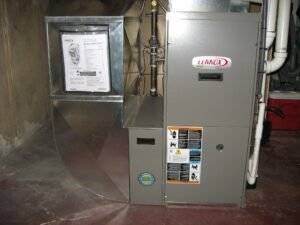
The Right Dimension Furnace for Your Home: A Comprehensive Overview
Introduction
Choosing the best size furnace for your home is crucial for guaranteeing efficient heating and convenience during the cooler months. A heater that’s too small won’t keep your house warm, while one that’s too large can cause unneeded energy usage and unequal heating. This guide will help you figure out the ideal furnace size for your home.
Comprehending Furnace Sizing: BTU and Performance
We determine the size of a heater in British Thermal Systems (BTU). One BTU is the energy needed to raise the temperature of one pound of water by one degree Fahrenheit. When choosing a heater, two key factors contribute: the BTU rating, showing the furnace’s heating capacity, and its effectiveness rating, determined in Yearly Fuel Utilization Performance (AFUE).
Determining Your Home’s Heating Needs
You should calculate your home’s heating requires to figure out the right furnace size. The computation considers factors like square footage, climate zone, insulation quality, window type, and house design. Normally, you need roughly 30-60 BTUs per square foot. However, this differs based upon your home’s specific attributes.
Climate Zone and Its Effect On Furnace Size
Your geographical place considerably influences the furnace size needed. Homes in cooler regions, such as [place], require more BTUs per square foot than those in milder climates. Consult a heating specialist for specific recommendations.
The Role of Home Insulation in Furnace Sizing
Great insulation lowers the quantity of heat loss, implying you can choose a smaller sized furnace. Evaluate your home’s insulation in the walls, attic, and windows. Upgrading insulation can be an affordable method to lower heating needs.
Considerations for Various Kinds Of Heaters
There are various types of heating systems, like gas, electric, and oil. Each type has special sizing considerations. Gas heating systems are common and efficient, electric heating systems are more simple and safer however frequently more expensive to operate, and contractors set up oil heating systems where natural gas isn’t readily available.
Value of Professional A/c Assessment
An expert HVAC assessment is invaluable. Service technicians consider all variables, consisting of ductwork and home design, to advise the optimum furnace size. They can perform a Manual J computation, the industry standard for determining heating and cooling loads.
Energy Performance and Cost-Effectiveness
Choosing a heater with a high AFUE rating is crucial for energy effectiveness and cost savings. Modern heating systems have AFUE rankings in between 80% and 98%, showing the percentage of fuel converted into heating. While high-efficiency heating systems are more expensive upfront, they can cause considerable savings in the long run.
Resolving Typical Misconceptions About Furnace Sizing
A common misconception is that a bigger furnace is always much better. However, an extra-large furnace can cause short biking, where the furnace frequently turns on and off, lowering effectiveness and life expectancy. Alternatively, a small furnace has a hard time to warm your home adequately.
Long-Term Advantages of the Right-Sized Heater
Selecting the right-sized furnace has long-lasting benefits, consisting of constant convenience, lower energy bills, reduced carbon footprint, and less maintenance issues. It’s a balance in between upfront costs and long-lasting savings.
Summary: Making an Informed Choice
Choosing the best size furnace is a choice that impacts your home’s convenience and energy effectiveness for several years to come. By understanding the fundamentals of furnace sizing and looking for expert guidance, you can make an informed decision that ensures optimum heating for your home.
Keep in mind, the key to an efficient and comfortable home depend on choosing the best furnace and routine maintenance and thinking about other factors like insulation and climate. With this detailed guide, you are fully equipped to pick the best furnace for your home, offering heat and convenience for numerous winter seasons.
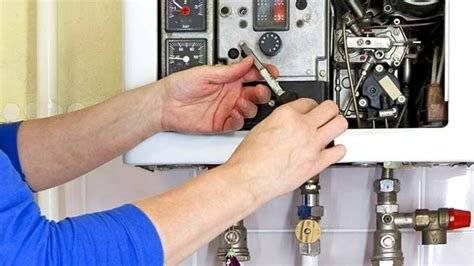
Replace vs Repair Furnace: A Far-reaching Overview
Introduction
Deciding whether to replace or fix your furnace is a substantial decision for any property owner. The choice impacts your instant convenience and safety and has long-lasting financial ramifications. This detailed guide will explore various elements to consider, helping you make an informed decision.
Comprehending Your Heater
Life expectancy and Types
Heaters generally have a life expectancy of 15-20 years. The two primary types are gas and electric, each with different maintenance and operational costs.
Indications of Problems
Typical indications that your furnace may need attention include uncommon noises, irregular heating, and increased energy bills.
When to Think About Repairing Your Furnace
Repair work is frequently the very best choice for small issues or heating systems that are fairly brand-new and still under warranty.
Cost-Effectiveness
Repairing can be more cost-effective for small issues. However, regular repairs may suggest a deeper issue.
Ecological Impact
Repairs frequently have a lower environmental effect than replacing the entire system.
When Replacement is the Best Option
You must consider replacement if your furnace is near completion of its life expectancy, repairs are becoming increasingly expensive, or if it could be more energy efficient.
Long-term Cost Cost Savings
While the initial cost is greater, a brand-new furnace can be more energy-efficient, conserving you cash on energy bills.
Technological Improvements
More recent models come with innovative innovation, such as wise thermostats, which provide much better temperature control and effectiveness.
Weighing Your Options
Cost Analysis
Compare the cost of repairs with time versus the one-time expenditure of a brand-new furnace.
Energy Performance
Evaluate how your present furnace’s effectiveness is affecting your energy bills.
Home Worth
Consider how a brand-new furnace may increase the worth of your home, especially if you plan to offer in the future.
Professional Advice
Looking For Specialist Opinion
Speak with heating and cooling professionals to examine the state of your present furnace and get quotes for repair and replacement.
Value of Regular Upkeep
Regular maintenance can extend the life of your furnace, whether you decide to fix or replace it.
Summary
In conclusion, deciding to fix or replace your furnace depends upon various factors, consisting of age, condition, cost, and energy effectiveness. By thinking about these factors and looking for expert advice, you can make a decision that ensures convenience, safety, and financial prudence for your home.
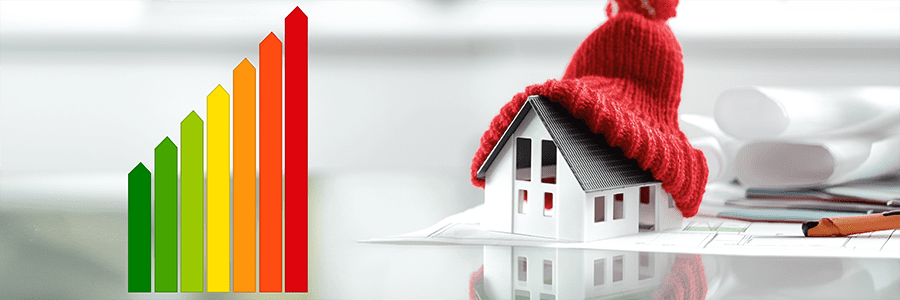
What Season is the Most Inexpensive to Change The Furnace?
Will a New Furnace Reduce Your Residence Insurance?
Introduction
Home maintenance can be a substantial financial investment, especially when it involves crucial systems like heating. Among the most significant costs homeowners face is replacing their furnace. However, timing this replacement can cause considerable savings. This post explores the very best season to replace your furnace, thinking about cost-effectiveness and usefulness.
Comprehending Furnace Replacements
The Need for Replacement
Before delving into timing, it’s vital to comprehend why and when you must replace your furnace. Typical signs include regular repairs, heating ineffectiveness, and the system’s age (typically beyond 15-20 years). Replacing an out-of-date or malfunctioning furnace enhances heating effectiveness and ensures safety and convenience during cooler months.
Factors Influencing Furnace Prices
A number of factors affect furnace rates, consisting of the type of furnace, brand, capacity, and the intricacy of installation. Seasonal need is another considerable element, frequently overlooked, yet it plays a vital role in determining the cost.
Finest Time for Replacement: Off-Season
Why Pick Off-Season?
The off-season, primarily spring and early fall, is usually the least expensive to replace a heater. The need for heater is lower during these durations than during the peak winter season. Lower need frequently results in more competitive rates from producers and installers.
Benefits of Off-Season Replacement
- Lower Expenses: Reduced need can cause discounts and more consumer working out power.
- Accessibility of Technicians: HVAC technicians are less busy during these times, guaranteeing more flexible scheduling and quicker installation.
- Sufficient Time for Research: The off-season gives homeowners sufficient time to research different furnace models and choices without the pressure of instant need.
Preparation Ahead
Utilizing the off-season needs preparation. Prepare for the need for replacement and schedule it when the need is low. This foresight saves cash and avoids the trouble of a heater breaking down in the middle of winter.
Winter season: The Peak Season
Difficulties of Winter Replacement
- Greater Prices: The need for furnace installation and repair peaks during winter, resulting in greater rates.
- Hectic Schedules: Discovering a specialist might be more difficult, and you may have to wait longer for a consultation.
- Emergency situation Replacements: If your furnace breaks down in winter, you may have to choose an instant replacement, which leaves little room for cost contrast or settlement.
Other Considerations
Energy Performance and Rebates
Buying energy-efficient models might be more expensive upfront however can cause long-lasting savings. Likewise, look out for refunds and tax credits provided for energy-efficient home improvements.
Value of Regular Upkeep
Regular maintenance can extend the life of your furnace, postponing the need for replacement. It’s an essential element of home care that you must focus on.
Summary
Timing your furnace replacement can cause considerable savings. The off-season, especially spring and early fall, is generally the most cost-effective duration for this financial investment. Preparation, thinking about energy effectiveness, and keeping your present furnace can optimize expenses and make sure a warm, comfortable home.
Introduction
Property owners frequently consider whether upgrading their home appliances and systems can cause savings on their home insurance premiums. One common concern is whether setting up a brand-new furnace lowers home insurance costs. This post looks into how a brand-new furnace installation may affect your home insurance, using insights into insurance policies, risk management, and potential savings.
Comprehending Residence Insurance Premiums
Before diving into the specifics of heating systems and insurance, it’s crucial to comprehend what factors affect home insurance premiums. Insurer examine various factors, consisting of:
- Home Age and Condition: Insurance coverage Agents see more recent homes with updated systems as lower dangers.
- Place: Geographical place and local climate can considerably affect insurance rates.
- Security Functions: The presence of alarms, smoke alarm, and other safety devices can decrease premiums.
The Impact of a New Furnace on Residence Insurance
Installing a brand-new furnace in your home can have several ramifications for your home insurance:
- Reduced Danger of Fire and Gas Leaks: Modern heating systems with innovative safety features lessen dangers like fire or gas leaks. This risk decrease can be beneficial in the eyes of insurance suppliers.
- Improved Energy Performance: Newer heating systems are frequently more energy-efficient, resulting in lower energy costs and a lowered environmental footprint, indirectly impacting insurance considerations.
- Improved Home Worth: Upgrading to a brand-new furnace can increase your home’s market price, which may affect the coverage you need.
Prospective Insurance Discounts
Some insurance provider provide discounts for home improvements that lower risk. These may include:
- Protective Device Discounts: You may qualify for a discount if your brand-new furnace contains innovative safety features.
- Green Residence Discounts: Some insurance companies offer special discounts for setting up energy-efficient appliances.
Documentation and Appraisal
To take advantage of a brand-new furnace installation for insurance benefits, consider the following:
- Professional Installation: Make sure a certified expert installs your furnace, which can be a requirement for insurance benefits.
- Keep Records: Maintain all invoices and documentation for the furnace purchase and installation.
- Notify Your Insurance Company: Alert your insurance company about the upgrade. They may require an inspection or additional documentation.
Considerations Before Upgrading
While a brand-new furnace can provide benefits, consider the following:
- Cost vs. Benefit Analysis: Examine if the long-lasting savings on insurance and energy bills justify the initial cost of a brand-new furnace.
- Insurance Plan Review: Speak to your insurance agent to comprehend how a brand-new furnace may specifically affect your policy.
Summary
Upgrading to a brand-new furnace can decrease your home insurance premiums by lowering risk and boosting your home’s safety and effectiveness. However, the effect differs based upon individual insurance policies and the specific features of the furnace. It’s recommended to seek advice from your insurance service provider to comprehend the full benefits and ramifications of a brand-new furnace installation.
Frequently asked questions
Q: Just how much can I minimize my home insurance by setting up a brand-new furnace?
A: Cost savings vary based upon the insurance service provider and the specific features of the brand-new furnace. Speak with your insurance agent for in-depth info.
Q: Are there any specific types of heating systems that are more beneficial for insurance discounts?
A: Heaters with innovative safety features, high energy effectiveness rankings, and those that meet specific environmental standards are frequently more beneficial.
How to Prepare for a Furnace Installation
Installing a brand-new furnace in your home is a substantial financial investment and an essential upgrade to your living space. It enhances the convenience of your home and enhances energy effectiveness. Appropriate installation preparation is crucial to make sure the installation procedure is smooth and worry-free. This post will direct you through the needed steps to get ready for a heater installation.
Comprehending Your Heating Needs
Evaluating Your Space: The first step is to examine the size of your space and comprehend the heating requirements. A too-large or too-small furnace for your home can cause ineffectiveness and greater energy costs. Consulting with a heating expert to figure out the best furnace size is important.
Choosing the Right Furnace: There are various heating systems, consisting of gas, electric, and oil. Each has benefits and drawbacks; the choice depends upon your place, budget plan, and personal choice. Research and seek advice from experts to make an informed decision.
Pre-Installation Preparation
Selecting a Certified Installer: We can not overstate the importance of choosing a qualified and experienced installer. Look for professionals with excellent reviews and correct certification. They will make sure a proper installation and guide you through the procedure.
Cleaning the Area: Make sure the location where you plan to set up the furnace is clear of any mess. A tidy location offers easy access to the installation team and accelerate the procedure. Get rid of any important or fragile products from the vicinity to prevent unintentional damage.
Preparing for Downtime: Depending on the intricacy of the installation, your heating unit may be down for a few hours to a day. Strategy accordingly, especially if the installation is during cooler months.
During Installation
Access to Your Home: Make sure the installers have easy access to your home, that includes guaranteeing that parking is readily available and a clear course to the furnace place.
Interaction: Stay readily available to address any concerns the installers may have. Clear interaction can help resolve any issues quickly and guarantee your installation goes as planned.
After Installation Checks
Check the Setup: Once the installation is complete, examine the work with the installer. Make sure that the installation is complete which the location is clean.
Comprehending the System: Have the installer discuss the performance of the brand-new furnace, consisting of how to change filters and the standard troubleshooting steps.
Service warranty and Documentation: Ensure you get all needed documentation, consisting of warranty info and operating manuals. Keep these files in a safe place for future referral.
Conclusion
Preparing for a heater installation involves understanding your heating requires, choosing the best furnace, and choosing a qualified installer. By following these steps, you can make sure a hassle-free installation procedure and enjoy the convenience and effectiveness of your brand-new heating unit for several years to come. Keep in mind, a little preparation goes a long way in guaranteeing a smooth and effective furnace installation.
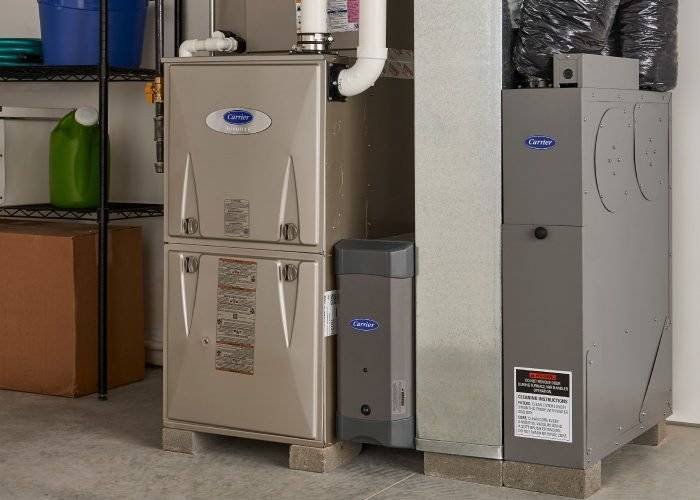
Our Work
